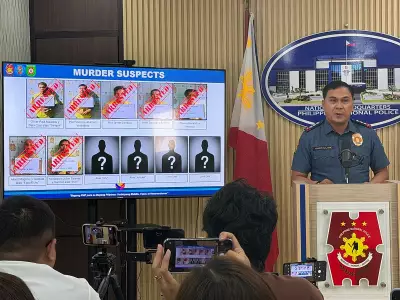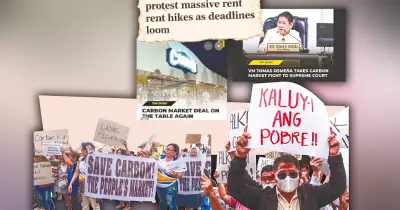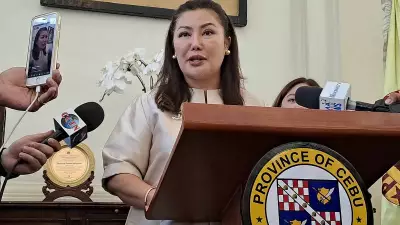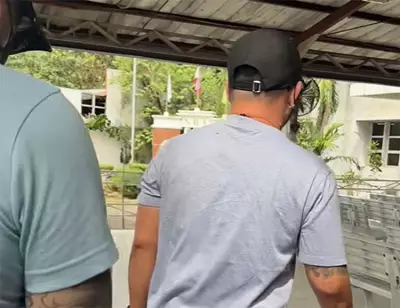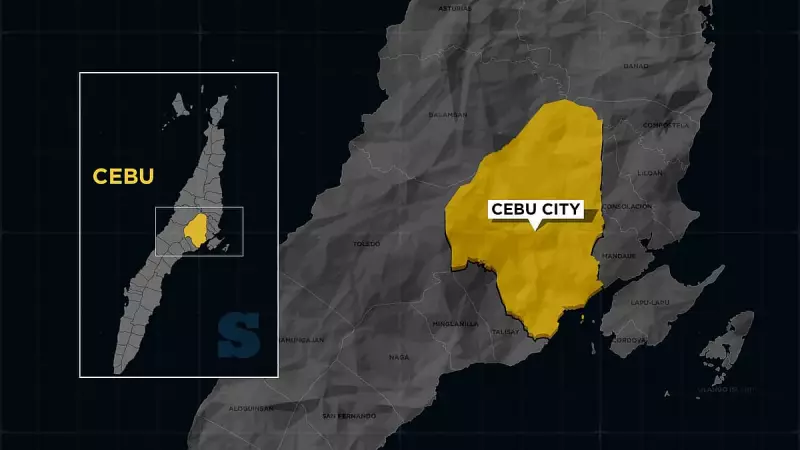
In a significant move to recognize the invaluable contributions of community health workers, Cebu City has enacted a new ordinance that promises enhanced benefits and compensation for Barangay Health Workers (BHWs). This landmark legislation aims to properly compensate those who serve at the frontline of community healthcare.
What the Ordinance Entails
The newly passed Ordinance No. 2569, authored by Councilor Joel Garganera, establishes a comprehensive benefits package for BHWs serving across Cebu City's 80 barangays. The measure acknowledges the critical role these health workers play in delivering primary healthcare services to communities, especially during health emergencies like the COVID-19 pandemic.
Key Benefits and Compensation
Under the new ordinance, qualified Barangay Health Workers will receive:
- Monthly honoraria as compensation for their services
- Hazard pay for exposure to health risks
- Additional allowances for transportation and other expenses
- Recognition of their volunteer service as government service
Eligibility and Qualifications
The ordinance specifies that to qualify for these benefits, BHWs must meet certain criteria including completion of training programs, regular performance of health-related duties, and certification by the City Health Department. This ensures that only active and properly trained health workers receive the compensation.
Impact on Community Healthcare
This legislative measure is expected to boost morale among BHWs and improve the quality of healthcare services at the grassroots level. By providing proper compensation, the city government hopes to retain experienced health workers and attract new volunteers to strengthen the public health system.
The ordinance represents a significant step toward professionalizing community health work and recognizing the essential role BHWs play in maintaining public health, particularly in underserved communities where they often serve as the first point of contact for healthcare needs.

